A vibratory screener is a stationary or portable piece of equipment in a bulk material handling facility that removes unwanted materials from a batch using vibrations.
Rodix, Inc. open_in_new
Location: Rockford, IL
Rodix manufactures vibratory feeder controls, inline track drives, drive bases, & bulk storage hoppers for part feeding systems. Our line of vibratory feeder controls feature variable amplitude, variable frequency, line-voltage compensation, UL/cUL Listed, CE Marked, and more. We have experience working with machine integrators, vibratory feed system builders, and manufacturers.
PPM Technologies Holdings, LLC open_in_new
Location: Newberg, OR
PPM Technologies Holdings, LLC is an innovative industry leader in the vibratory feeder industry. Our main focus has always been to provide our customers with high-quality products with the exact specifications for their needs. With our wide range of products, we are able to serve various industries.
Spectrum Automation Company open_in_new
Location: Livonia, MI
At Spectrum Automation Company, we specialize in developing and manufacturing advanced vibratory feeder systems that help automate and streamline material handling across a wide range of industrial environments. With decades of experience behind us, we bring precision engineering, dependable performance, and thoughtful innovation to every solution we deliver.
Gough Econ, Inc. open_in_new
Location: Charlotte, NC
At Gough Econ, we specialize in designing and manufacturing comprehensive material handling systems, with a strong emphasis on vibratory feeders that deliver precision and consistency in even the most demanding applications. We take pride in offering fully integrated solutions that enhance production efficiency and product flow across a wide variety of industries, including food processing, packaging, and bulk material handling.
However, even in a large processing facility, the vibratory screener cannot be too large or it will not screen material as thoroughly.





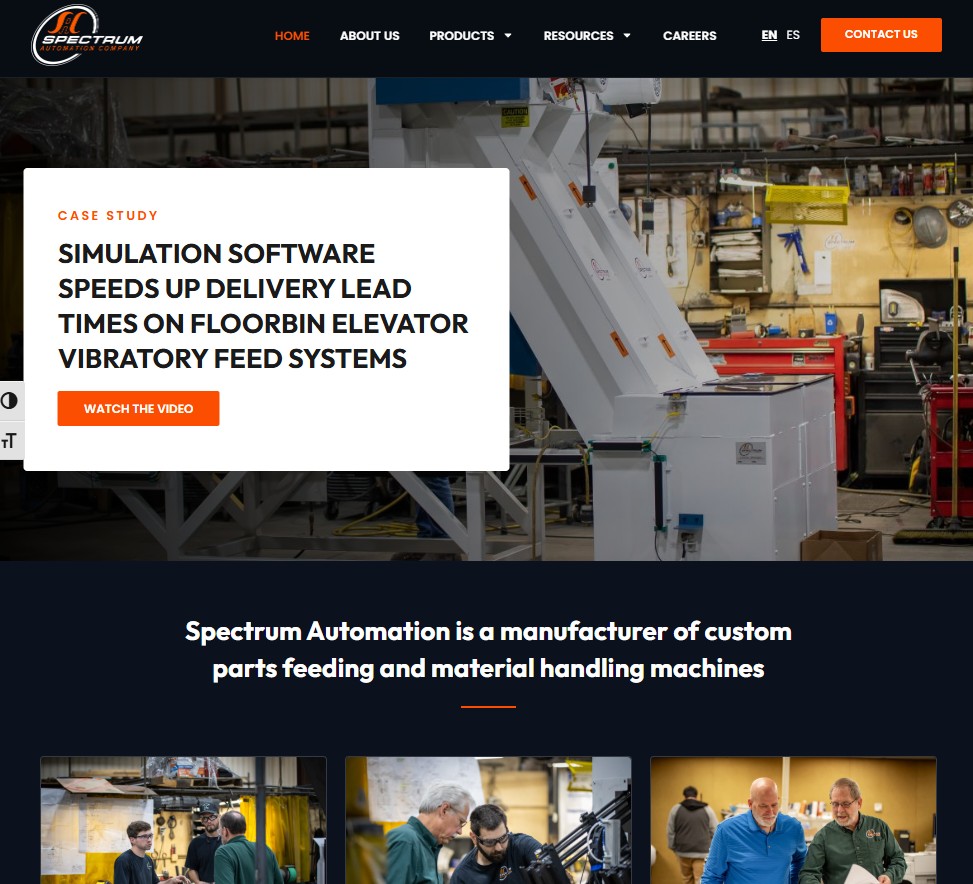

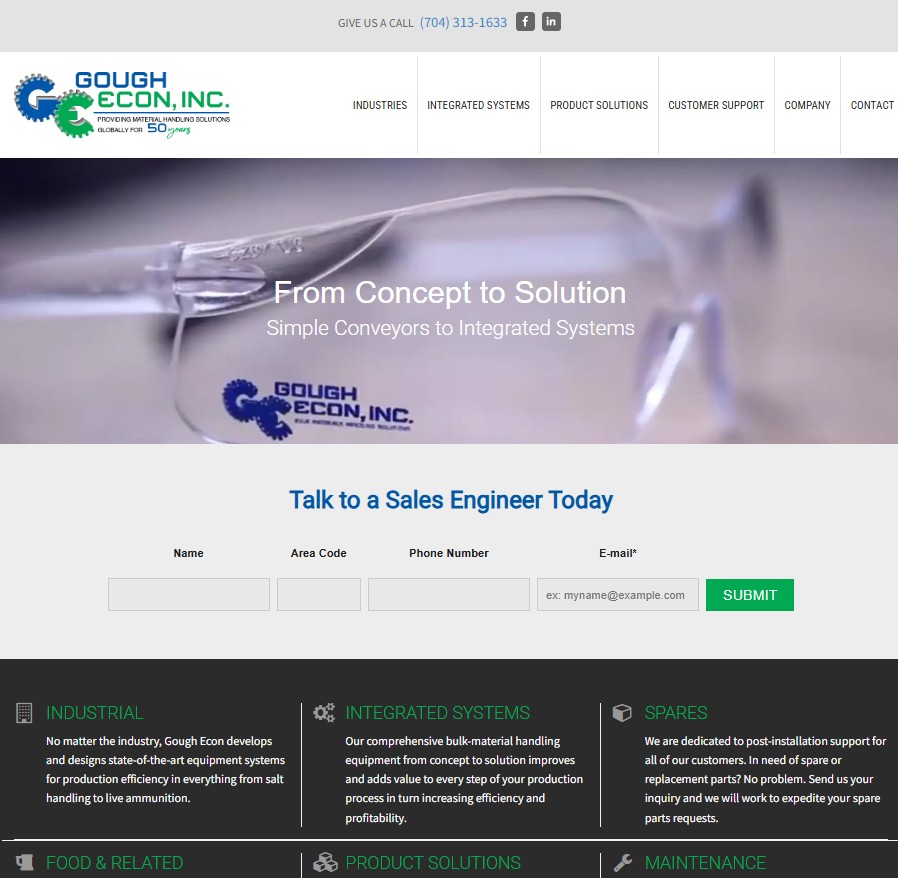
 Direct Drive Vibrating Screen - General Kinematics
Direct Drive Vibrating Screen - General Kinematics Vibratory Screener - Carrier Vibrating Equipment, Inc.
Vibratory Screener - Carrier Vibrating Equipment, Inc.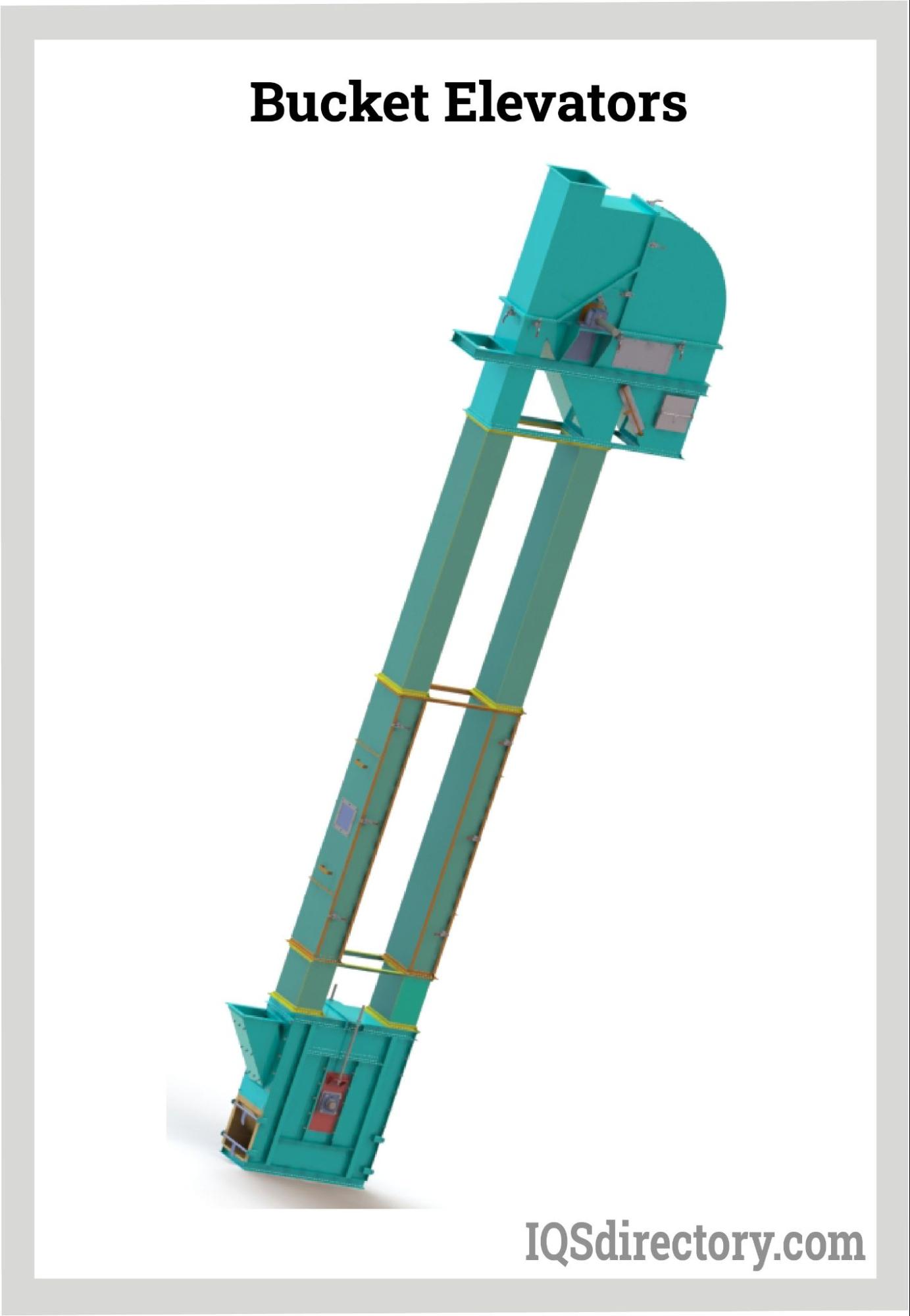
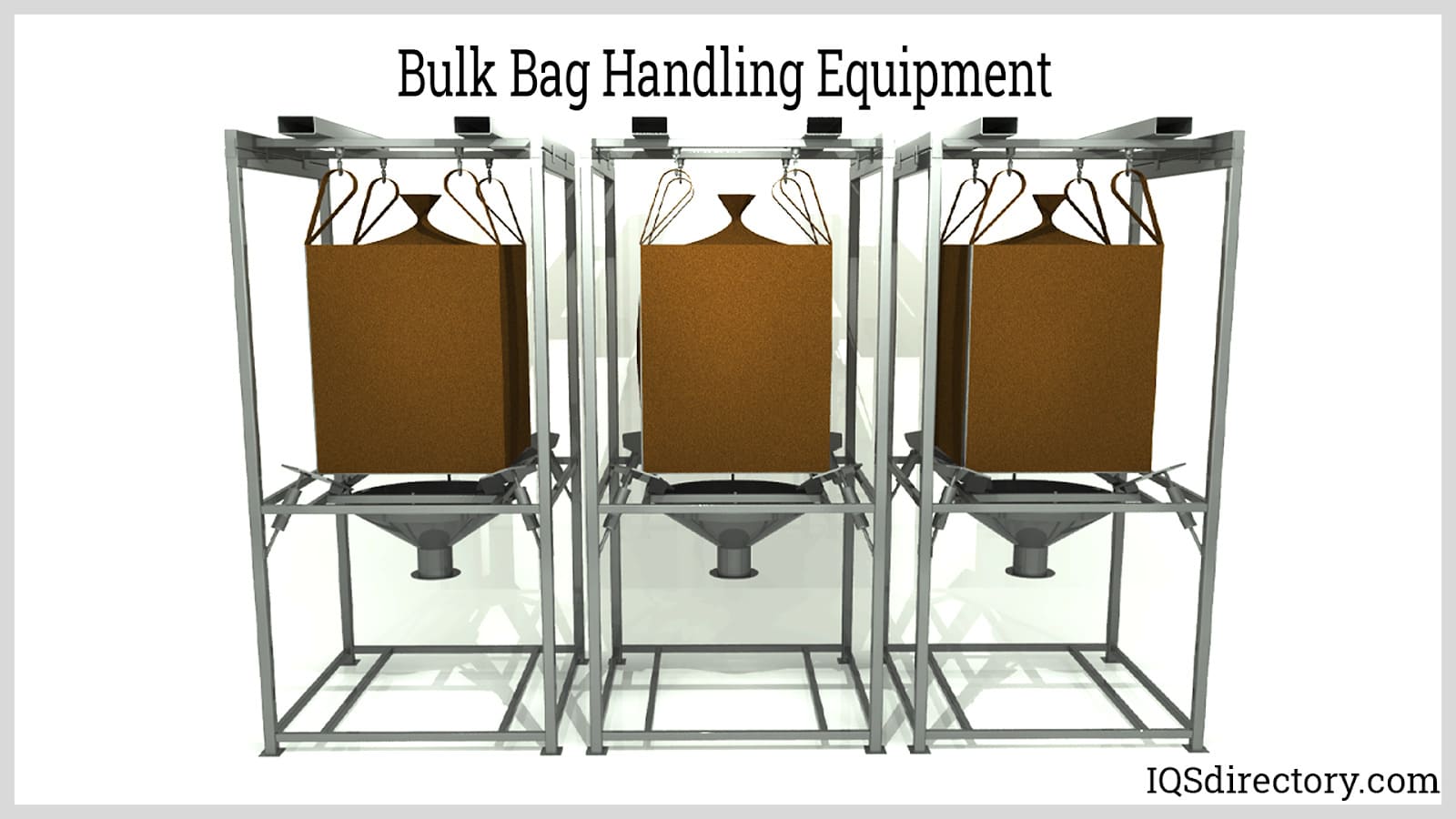
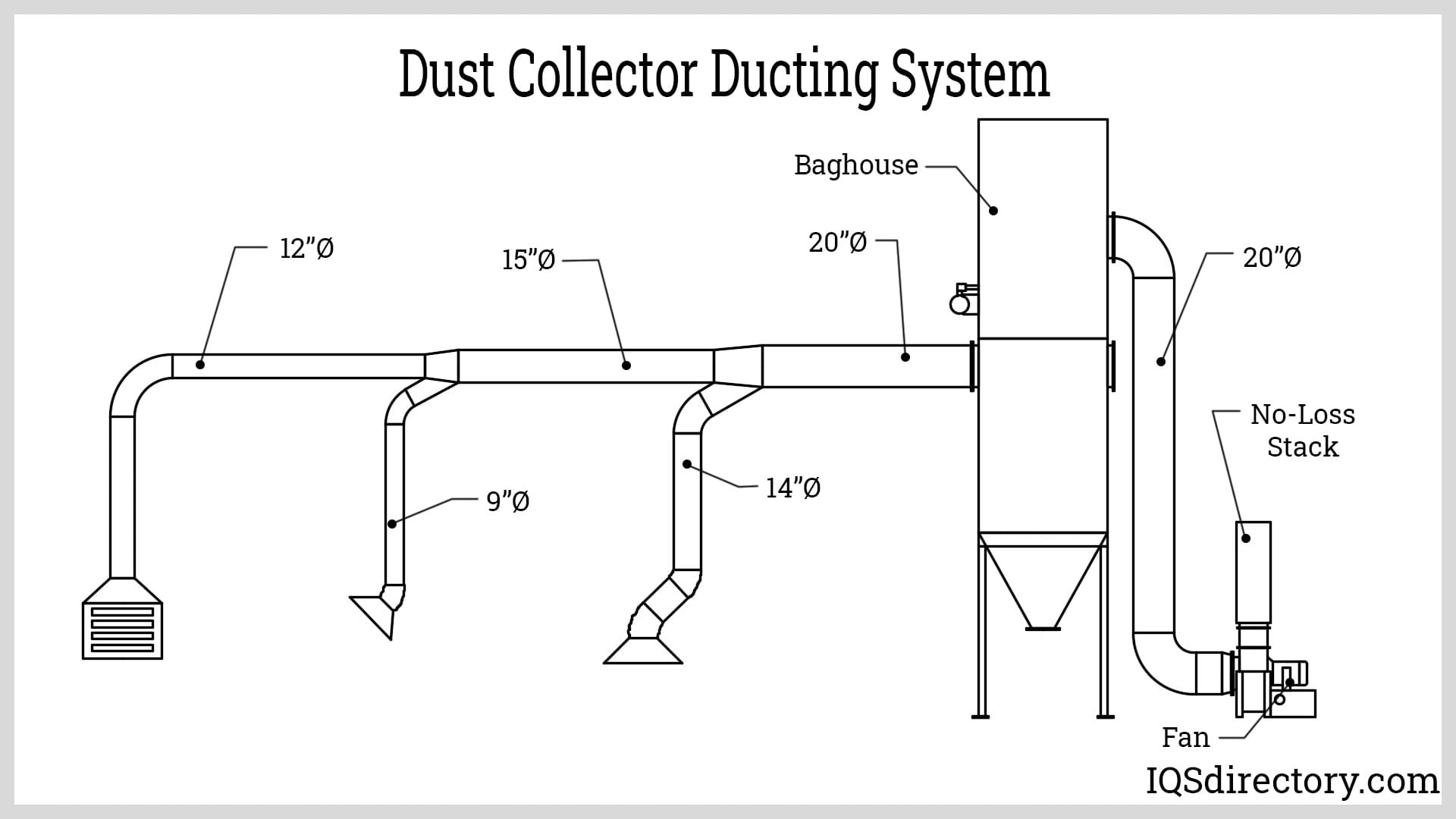
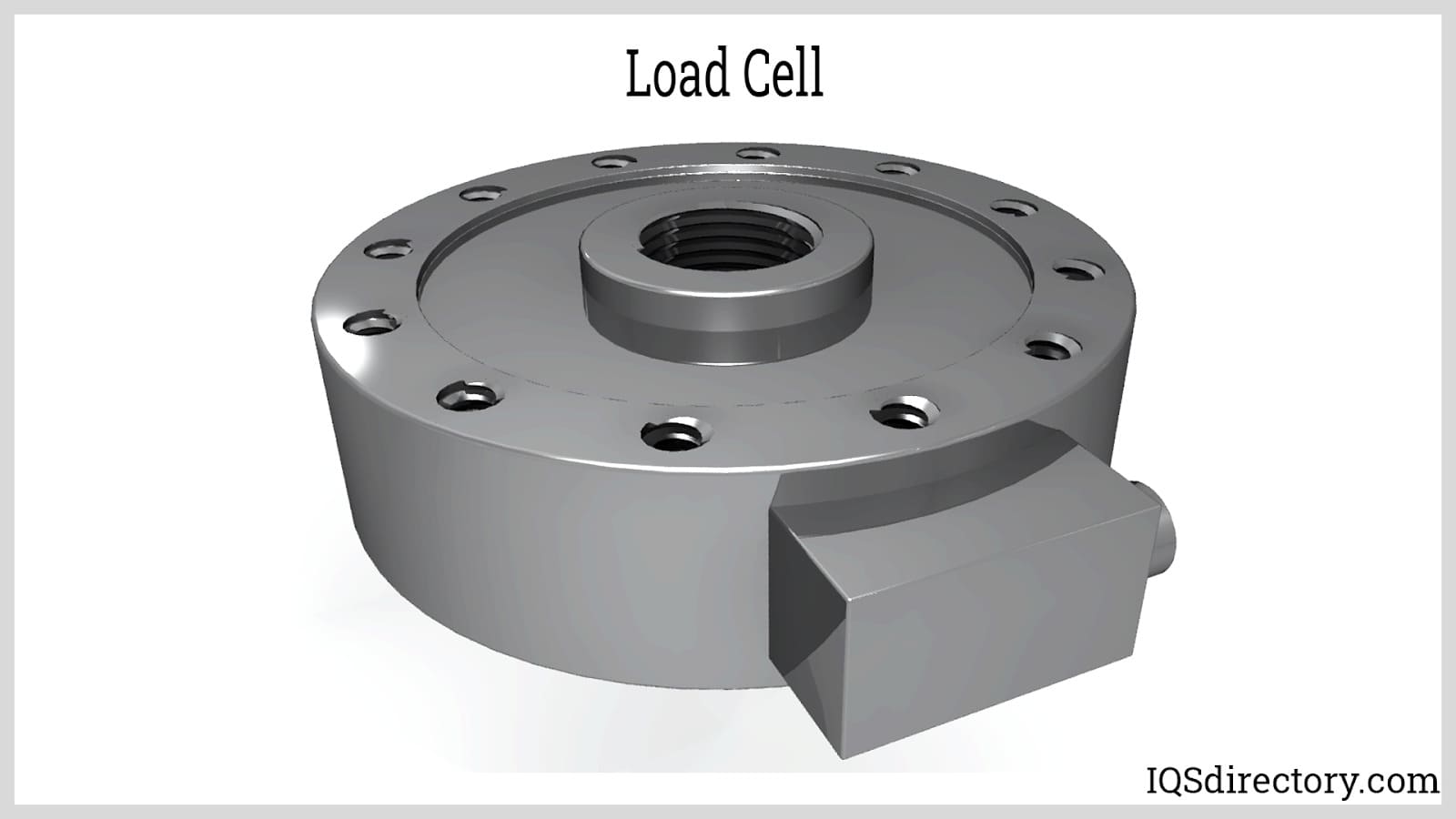
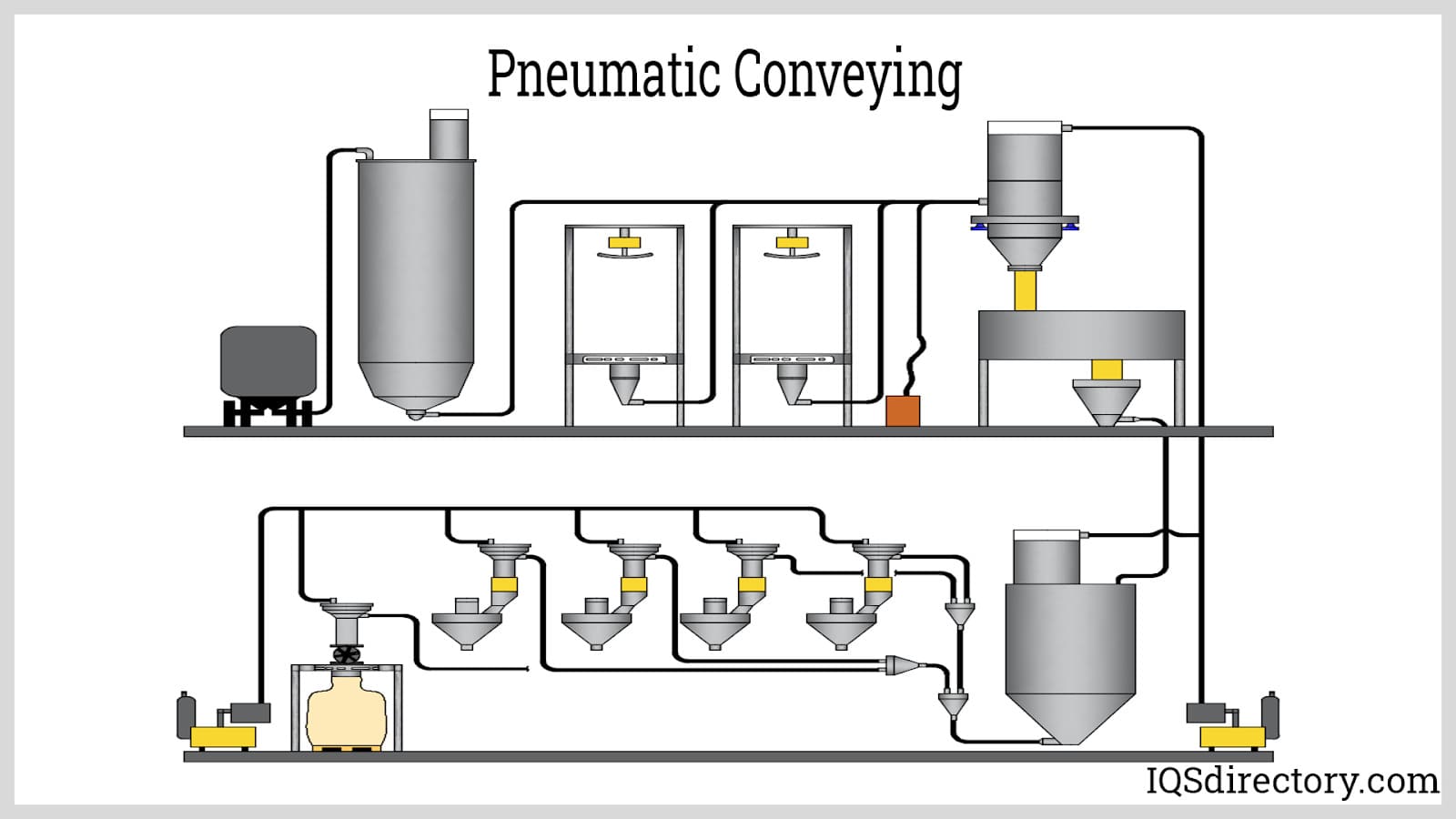
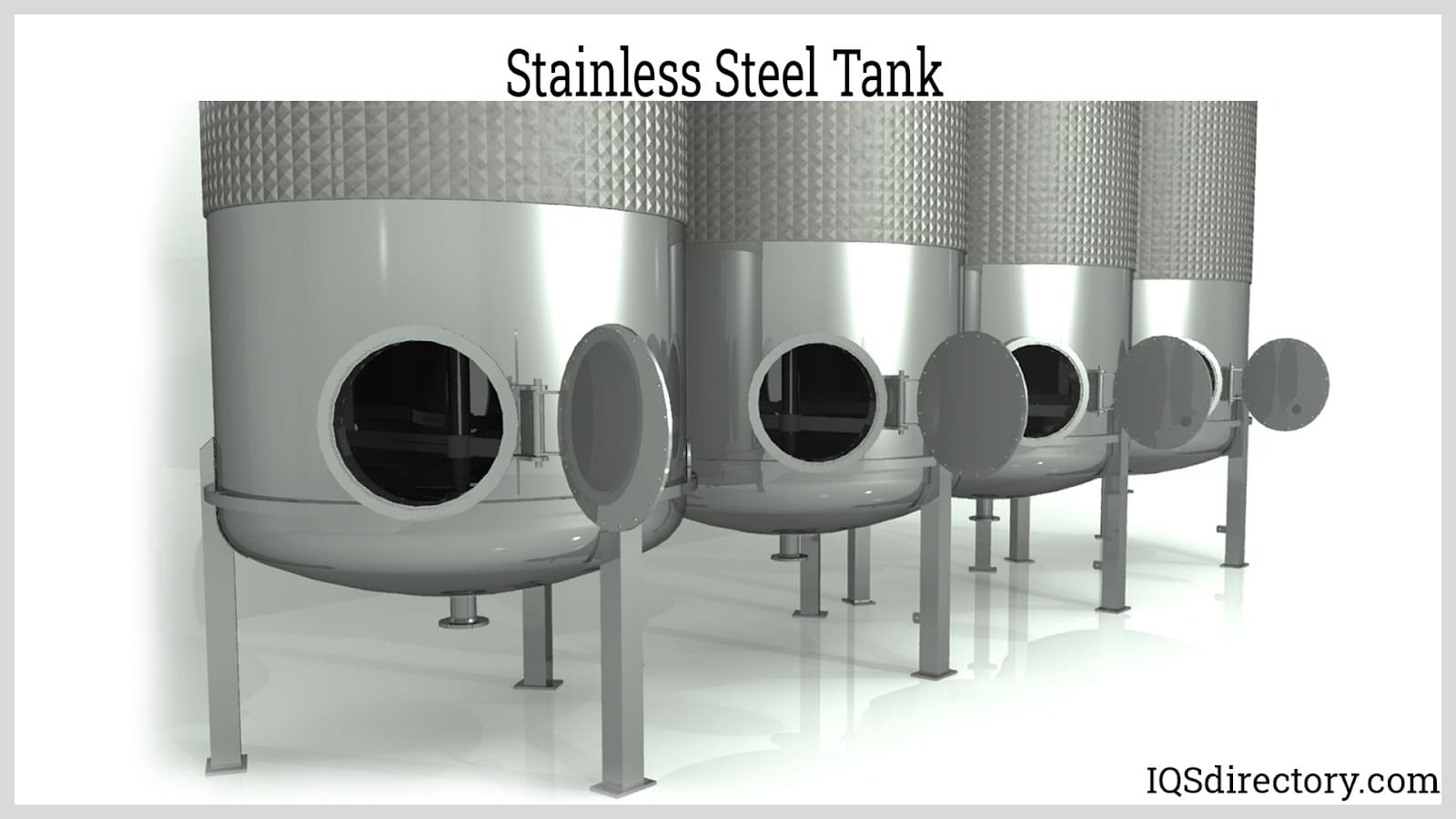
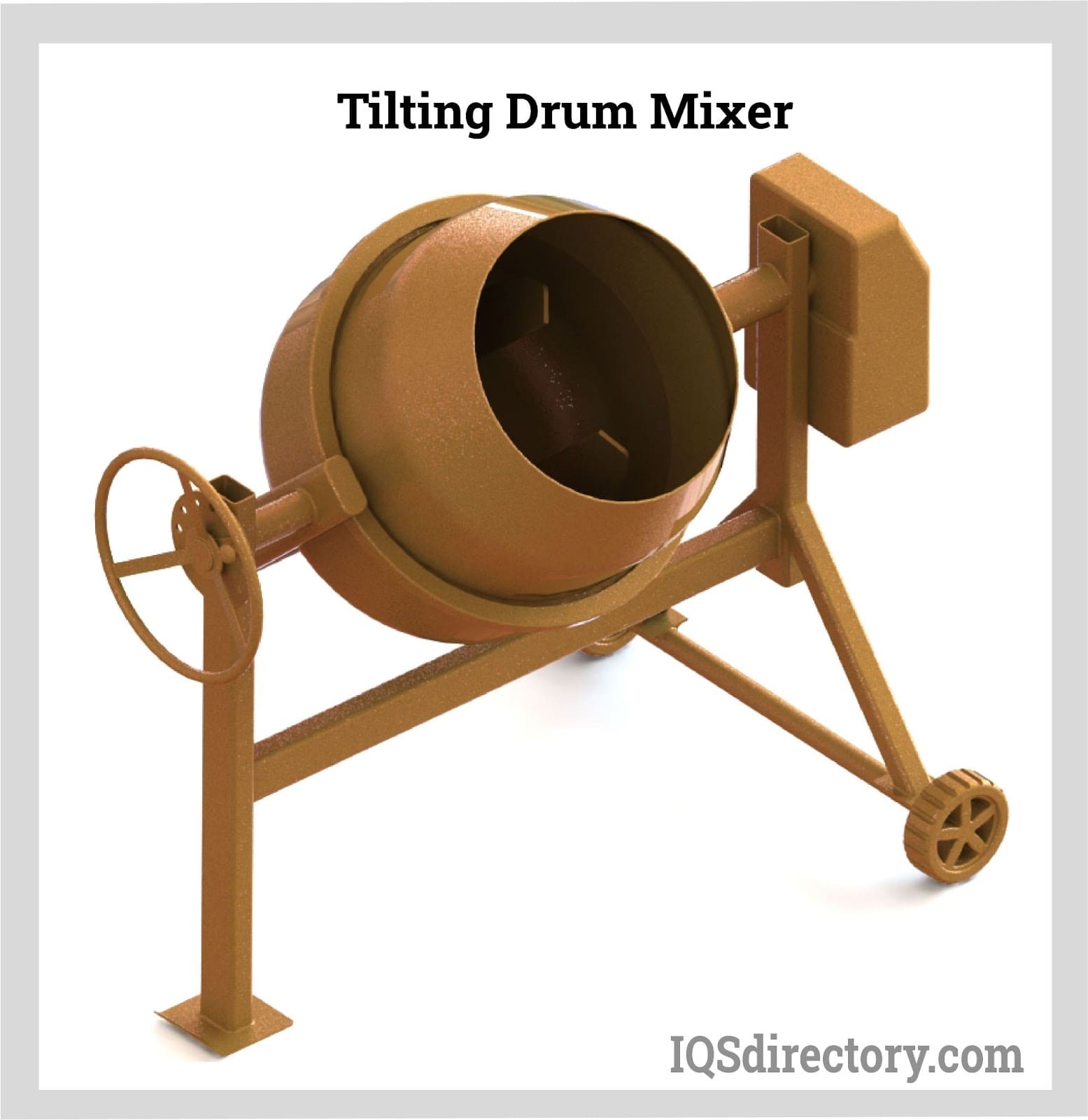
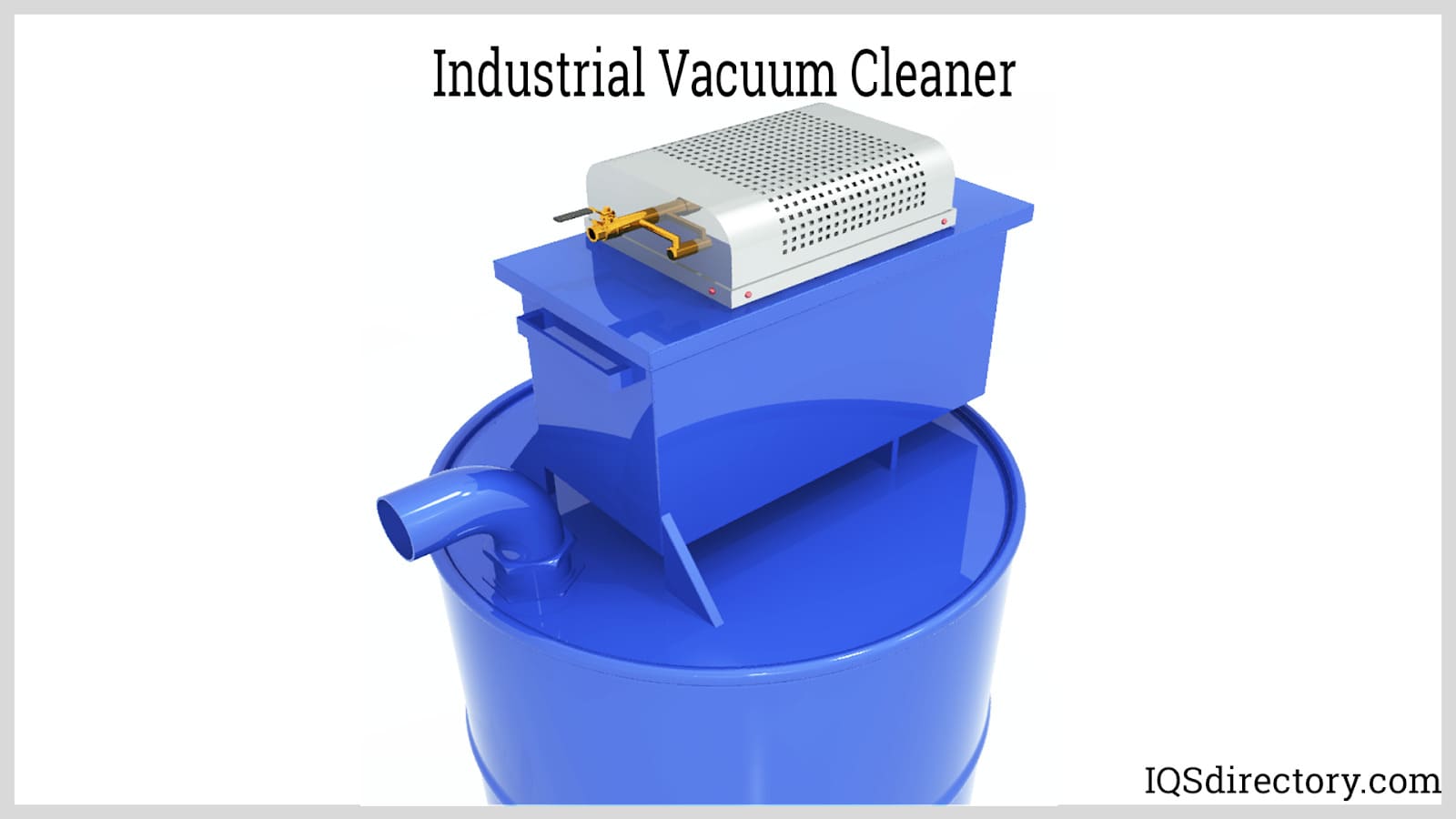

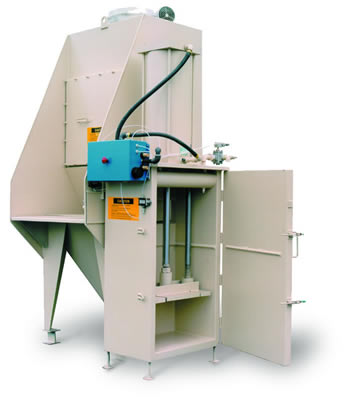 Bulk Bag Handling
Bulk Bag Handling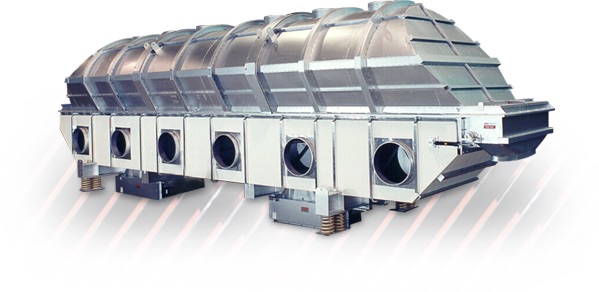 Industrial Dryers
Industrial Dryers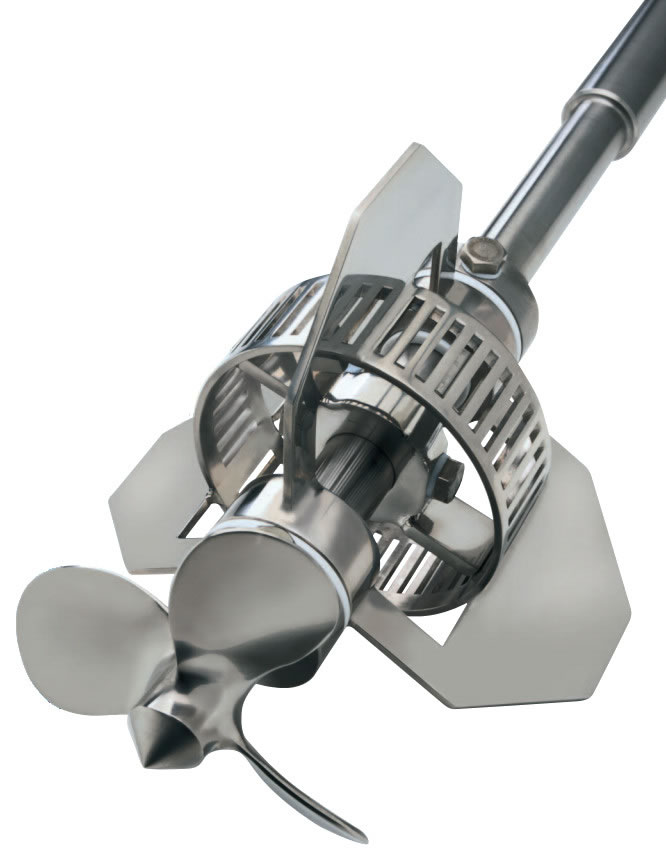 Industrial Mixers
Industrial Mixers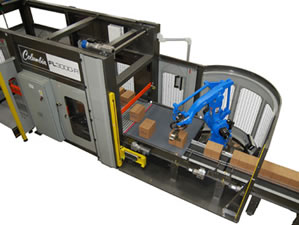 Palletizers
Palletizers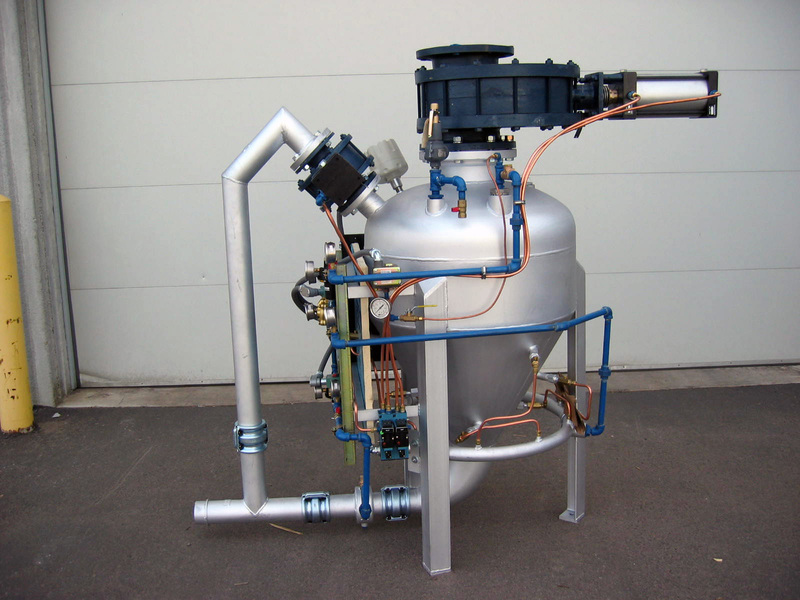 Pneumatic Conveyors
Pneumatic Conveyors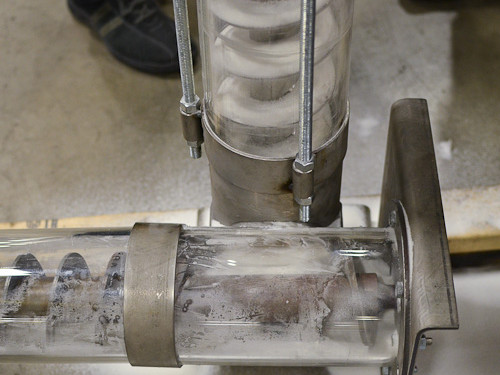 Screw Conveyors
Screw Conveyors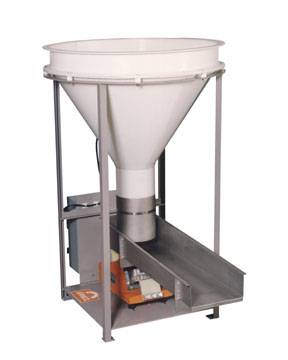 Vibratory Feeders
Vibratory Feeders Weighing Systems & Scales
Weighing Systems & Scales Castings & Forgings
Castings & Forgings Bulk Material Handling
Bulk Material Handling Electrical & Electronic Components
Electrical & Electronic Components Flow Instrumentation
Flow Instrumentation Hardware
Hardware Material Handling Equipment
Material Handling Equipment Metal Cutting Services
Metal Cutting Services Metal Forming Services
Metal Forming Services Metal Suppliers
Metal Suppliers Motion Control Products
Motion Control Products Plant & Facility Equipment
Plant & Facility Equipment Plant & Facility Supplies
Plant & Facility Supplies Plastic Molding Processes
Plastic Molding Processes Pumps & Valves
Pumps & Valves Recycling Equipment
Recycling Equipment Rubber Products & Services
Rubber Products & Services